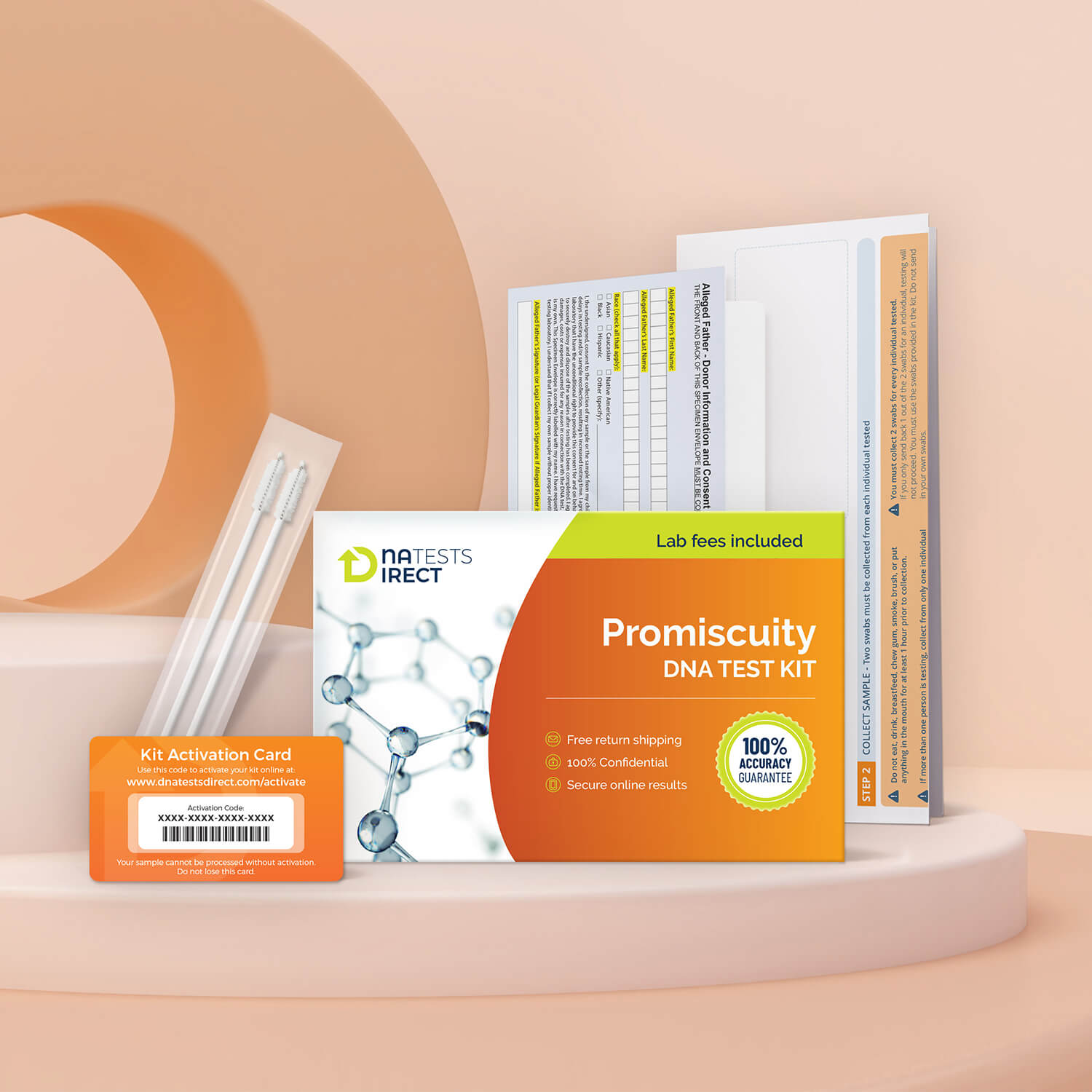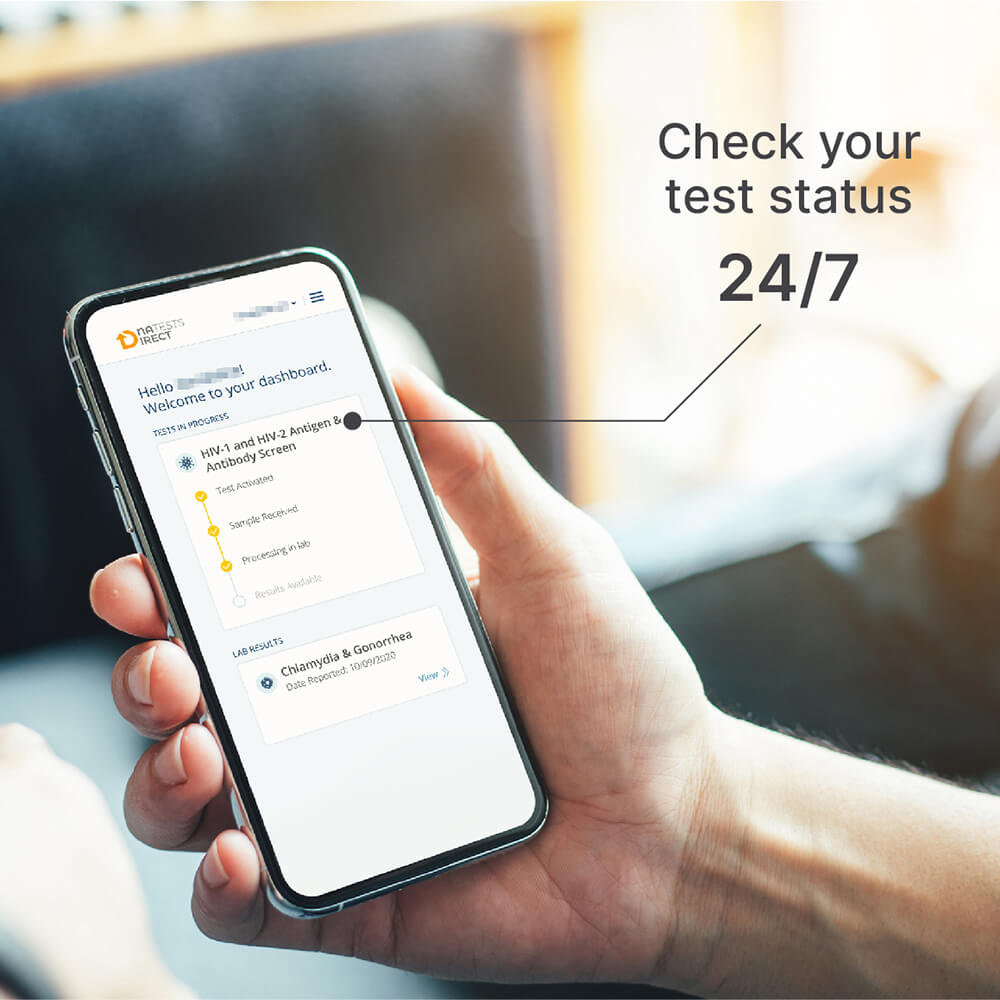 DNA Promiscuity Test
DNA Promiscuity TestDNA Promiscuity Test
$149
What is the “promiscuity” gene?
The “promiscuity” gene is a genetic variant of the DRD4 gene that is associated with an increased likelihood of sexual promiscuity. This variant is also known as the 7R+ version of the dopamine receptor and binds dopamine less efficiently compared to the common 4R version. As a result, reduced levels of the dopamine “feel good” signal is transmitted in the brain. Individuals with the 7R+ variant require higher levels of dopamine to achieve the same “good feeling” affects, and intriguingly sexual activity is a proven way to increase dopamine levels.
- Online Results: Receive confidential results through a secure online portal, ensuring your privacy and peace of mind at every step.
- Painless Sampling: Collect your DNA samples with easy-to-use mouth swabs – no blood or needles required.
How It Works

Order
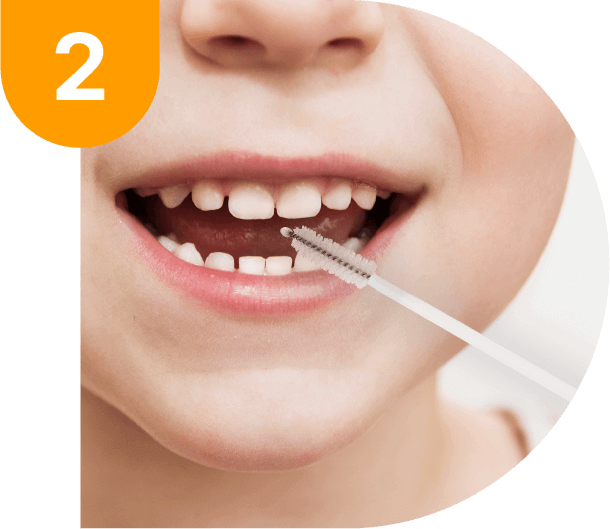
Send
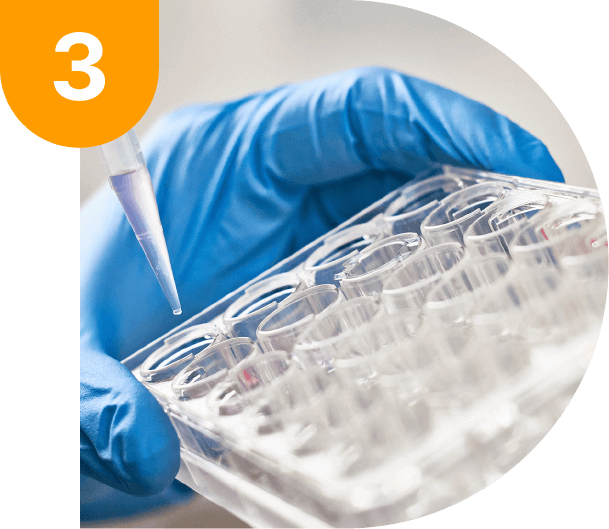
Receive your results

Results
How is the “promiscuity” gene inherited?
The DRD4 gene is located on chromosome 11. Variation in the DRD4 gene often occurs in a repeat region, where the number of repeats of a 48-bp segment ranges from 2 – 11. We inherit two copies of the DRD4 gene – one from each parent. We can inherit two identical copies (e.g. both 4R) or two different copies (e.g. 4R and 7R). Inheriting a “promiscuity” variant (7R+) is associated with increased promiscuity and an increased number of extra-pair partners.
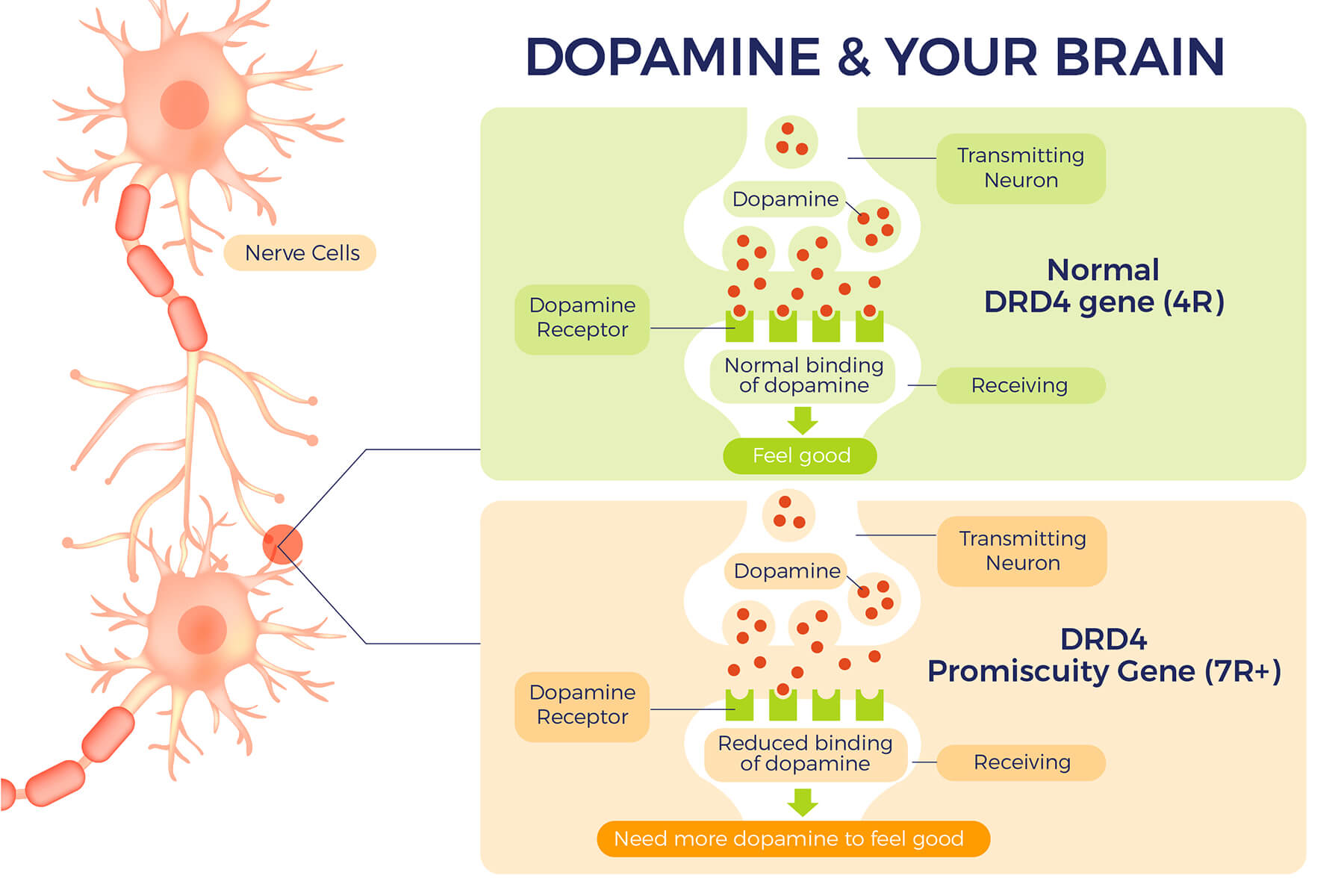
What is the AVPR1A Gene?
The AVPR1A gene encodes the arginine vasopressin receptor 1A, which plays a crucial role in transmitting signals from the hormone vasopressin into cells. Vasopressin helps regulate water retention in the kidneys and increases blood pressure when released into the bloodstream. However, when released directly into the brain, it can also influence social and sexual behaviors, including bonding and fidelity. Genetic variations in AVPR1A have been linked to an increased likelihood of extramarital relationships or extrapair mating, sometimes referred to as the “female infidelity gene.
Conditions Linked to the AVPR1A Gene
Genetic variations in the AVPR1A gene have been associated with a higher likelihood of infidelity in both men and women. Additionally, other variations in this gene have been connected to:
- Autism spectrum disorders
- Altruistic behavior
- Addiction tendencies
- Eating disorders
- Social behaviors, including sibling interactions
Frequently Asked Questions
Once your sample is received by our laboratory, processing usually takes 6-8 weeks. You will receive an email notification when your results are ready, and you can access your detailed report through a secure online portal.
We take data privacy seriously. Your results are confidential and only shared with you. We do not share your results with insurance companies, employers, or any other third parties.
Why DNA Tests Direct?
Accredited Excellence
Your Privacy, Protected
Expert Support
Related Test Kits

$149
Are you a risk-taker? Do you thrive under pressure? Discover your genetic predisposition for aggression, risk-taking, and other key traits with our easy-to-use, at-home Warrior Gene DNA Test.
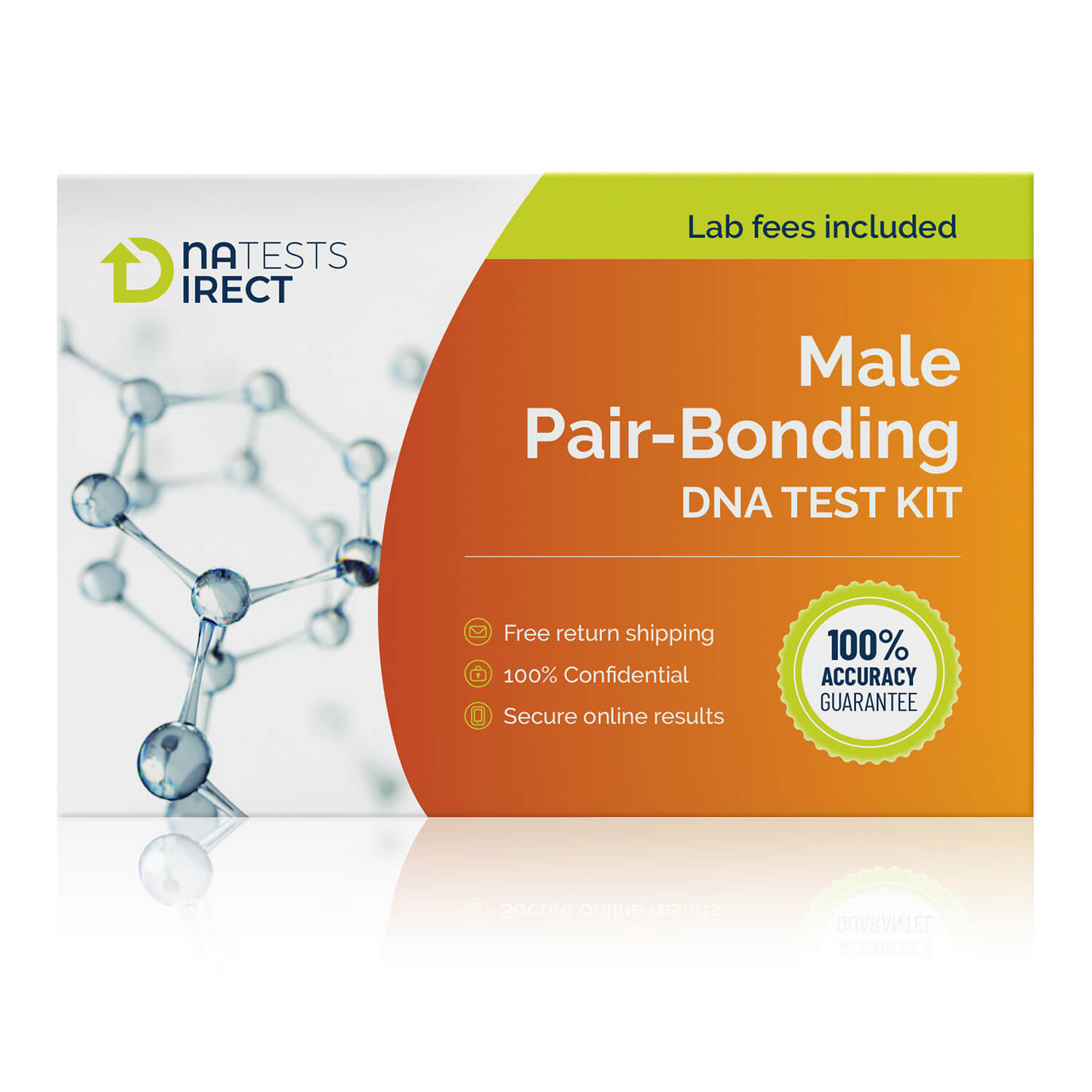
$149
Is it your genes that prevent you from making that long-term commitment to your partner? Find out if your fear of commitment is due to your genes.
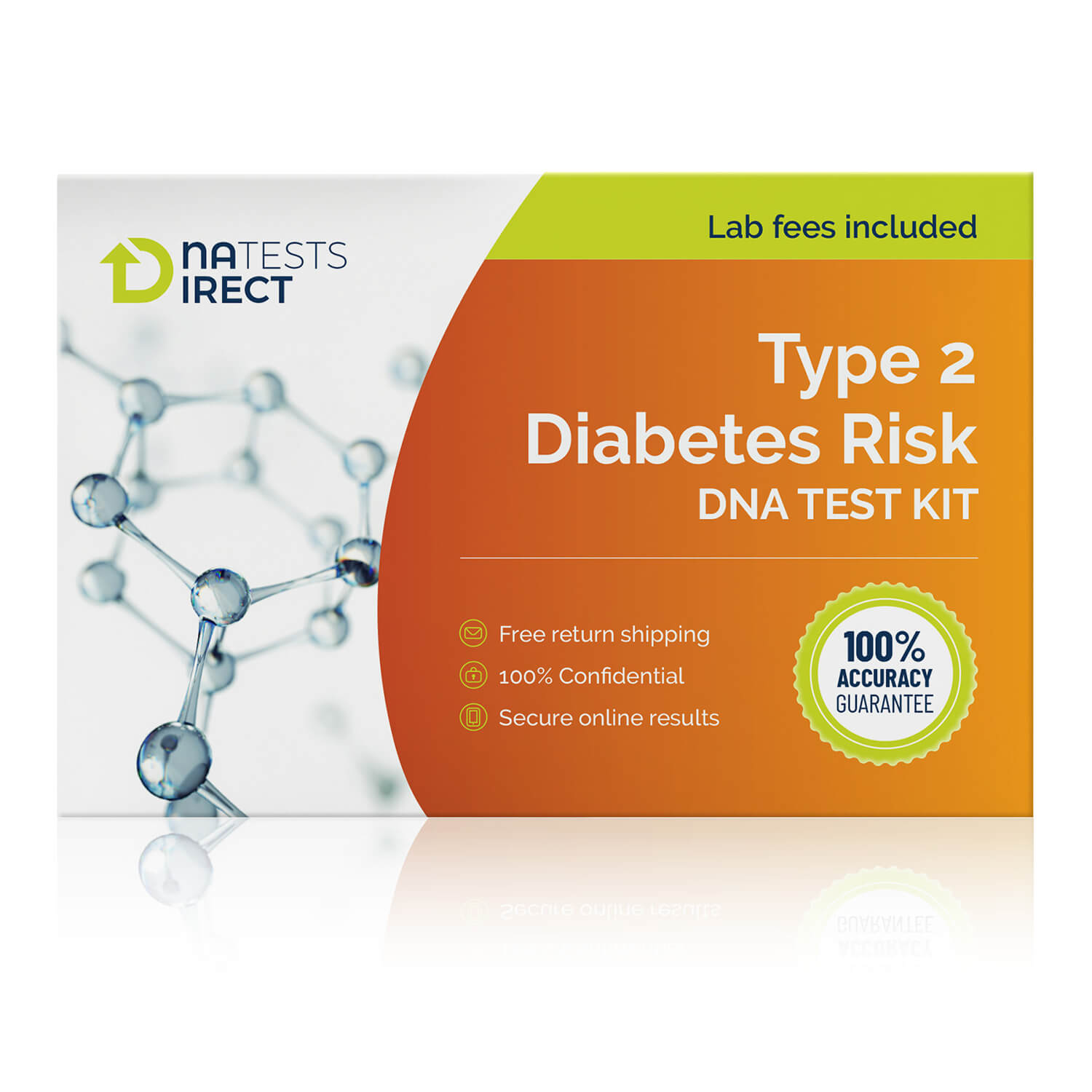
$349
Type 2 diabetes affects millions around the world. Genes can increase your risk of developing this metabolic disorder. Find out if you are at increased risk.
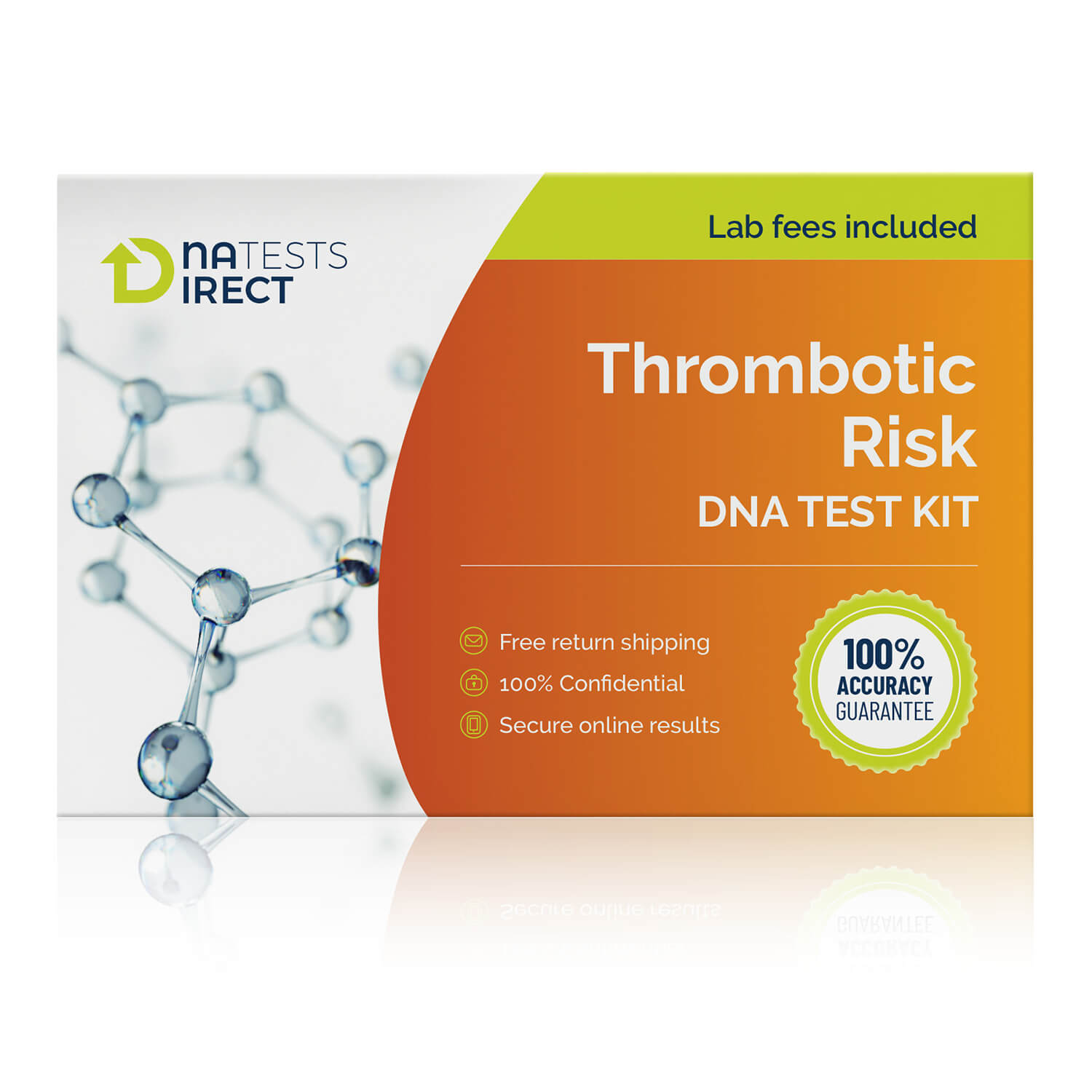
$195
Blood clots are painful and can be life-threatening. Do you carry genetic variants that increase the likelihood of developing blood clots?

$249
Discover your genetic risk for Celiac Disease. This simple DNA test provides insights into your gluten sensitivity from the comfort of your home.

$149 $271
Conclusively determine whether a set of twins are identical or fraternal.

$149 $271
Find out the likelihood that two people are biologically related as first cousins.

$149 $271
Confirm whether a potential mother is the true biological mother of a child.


